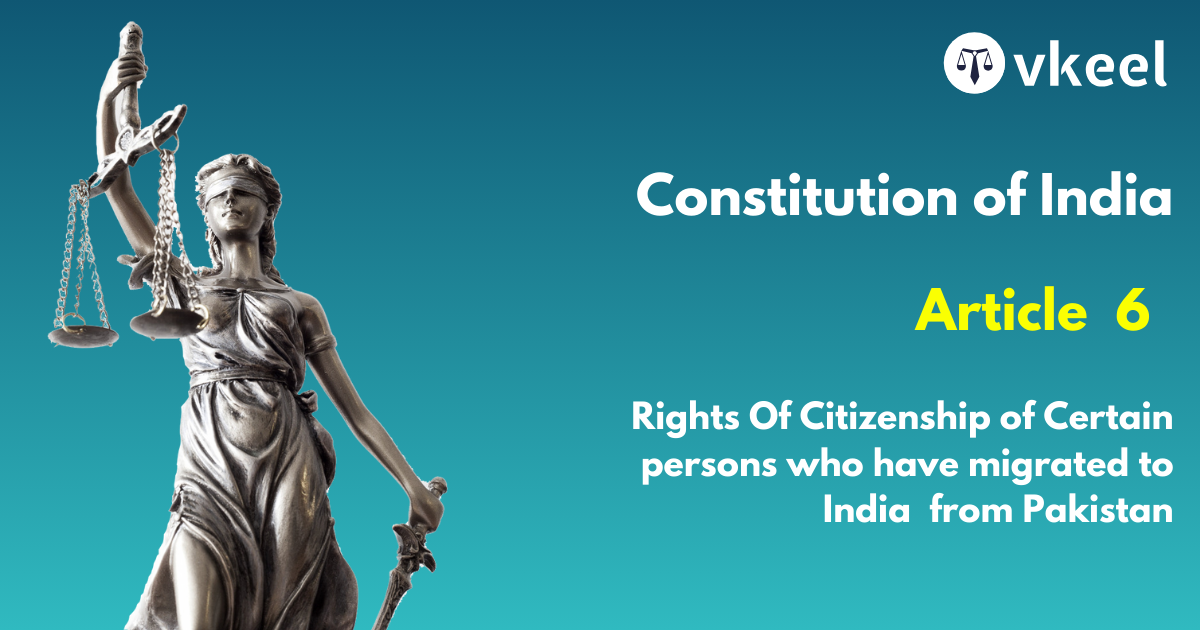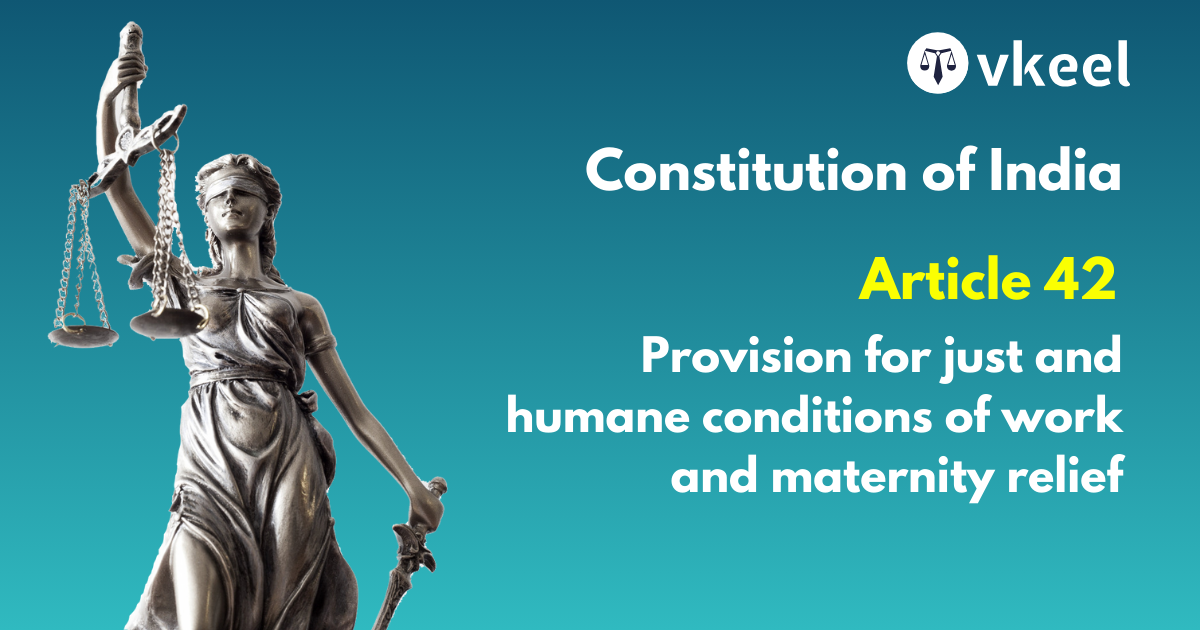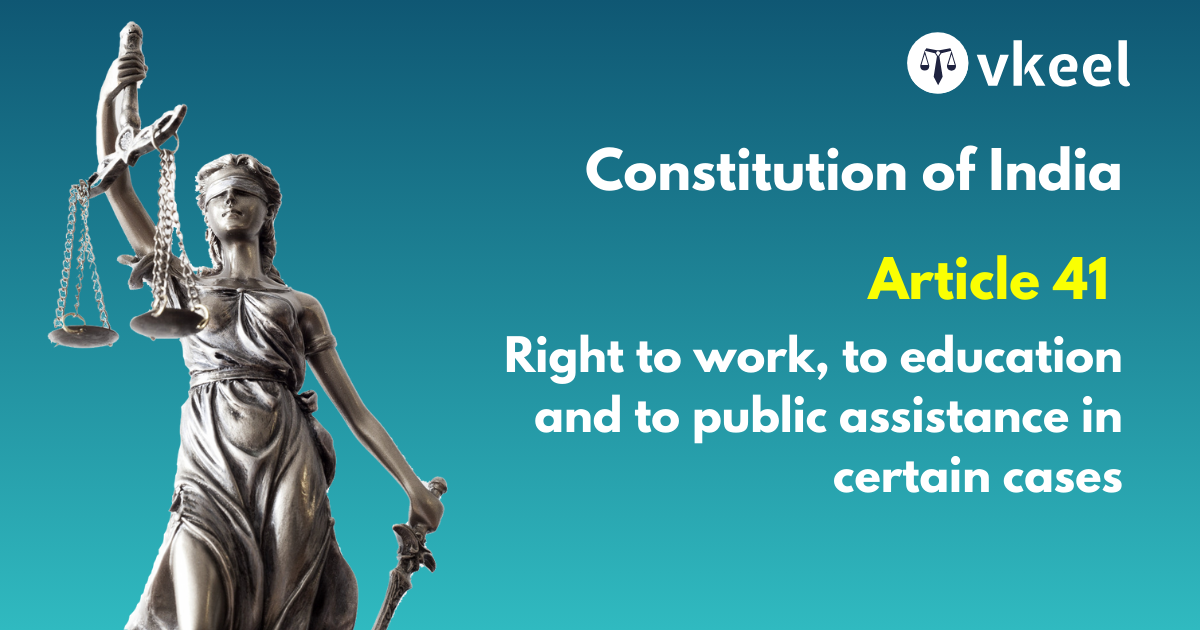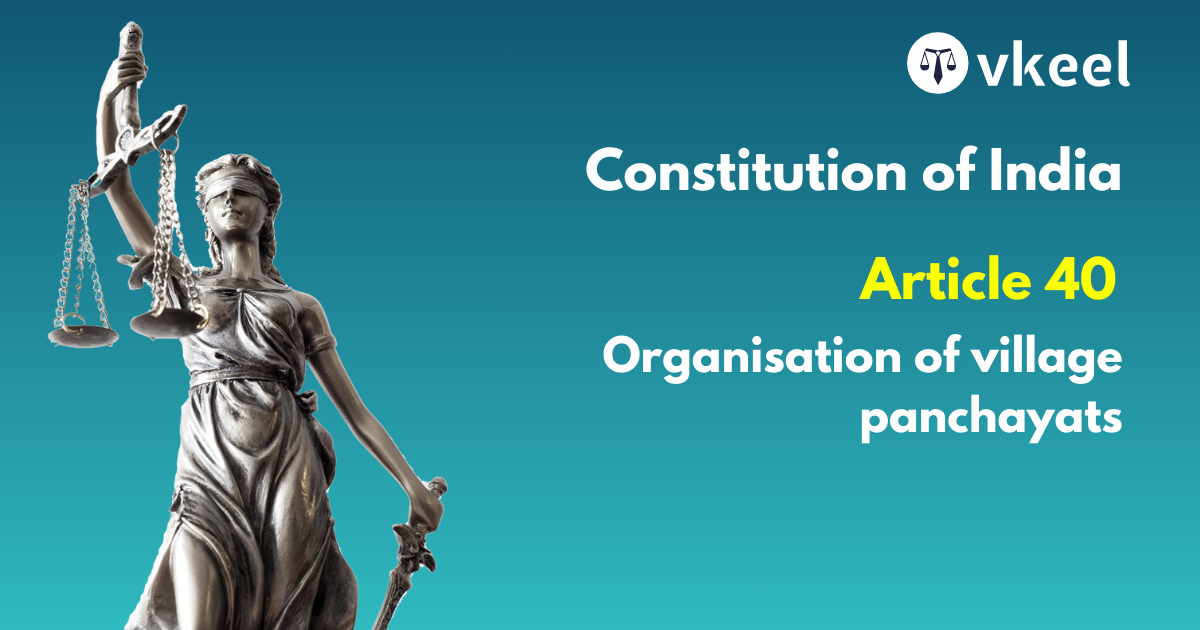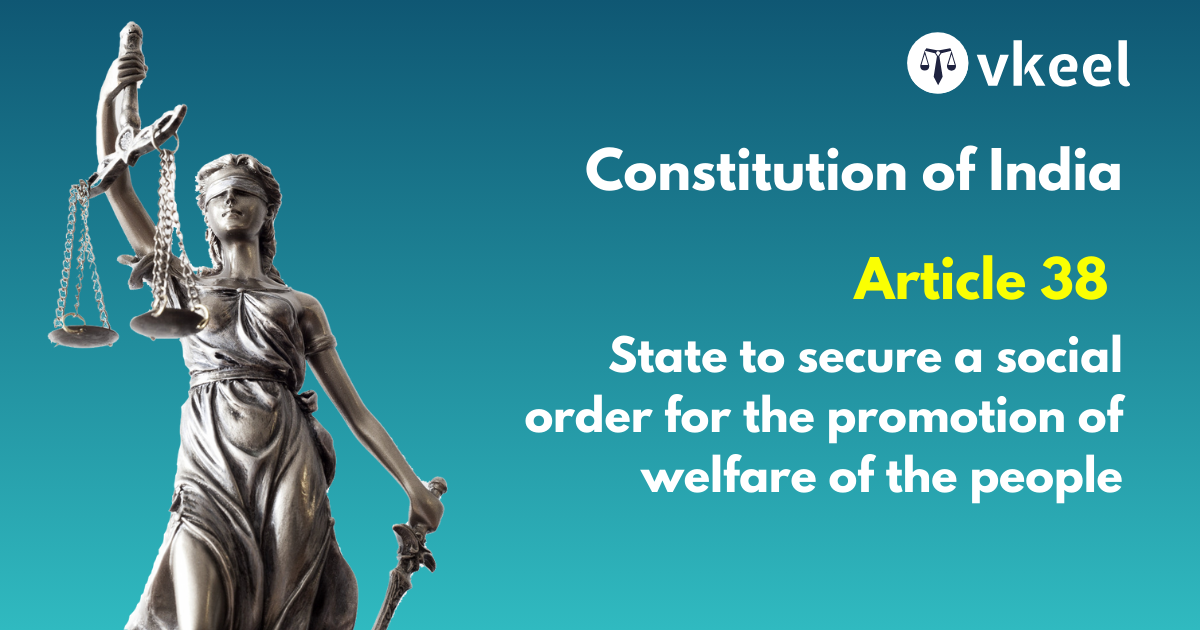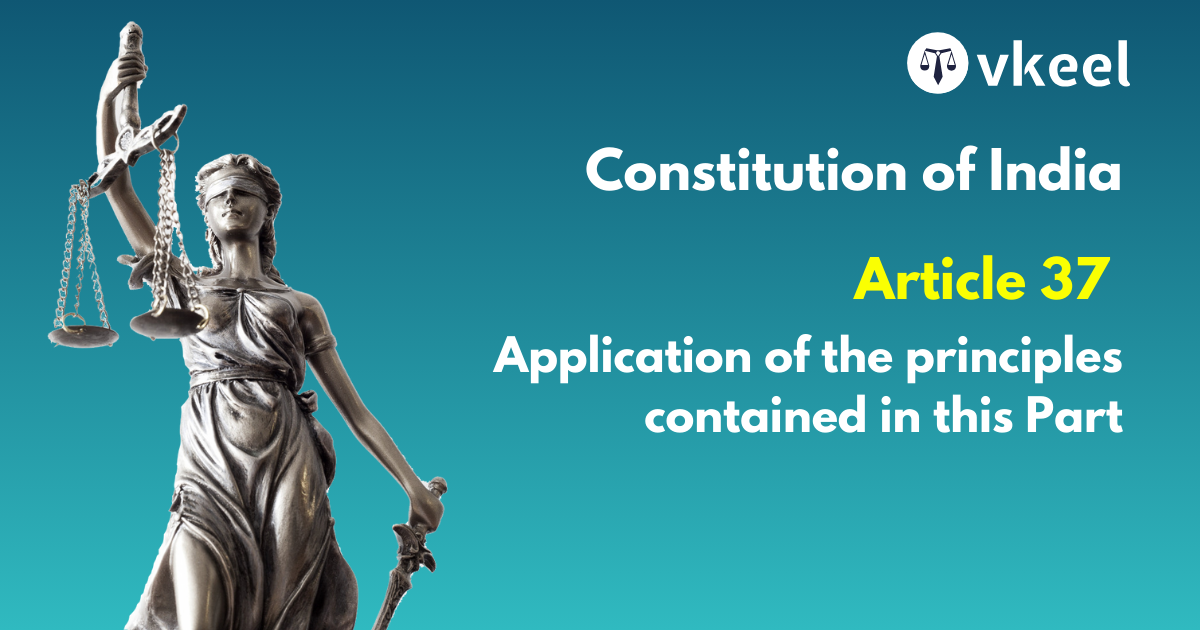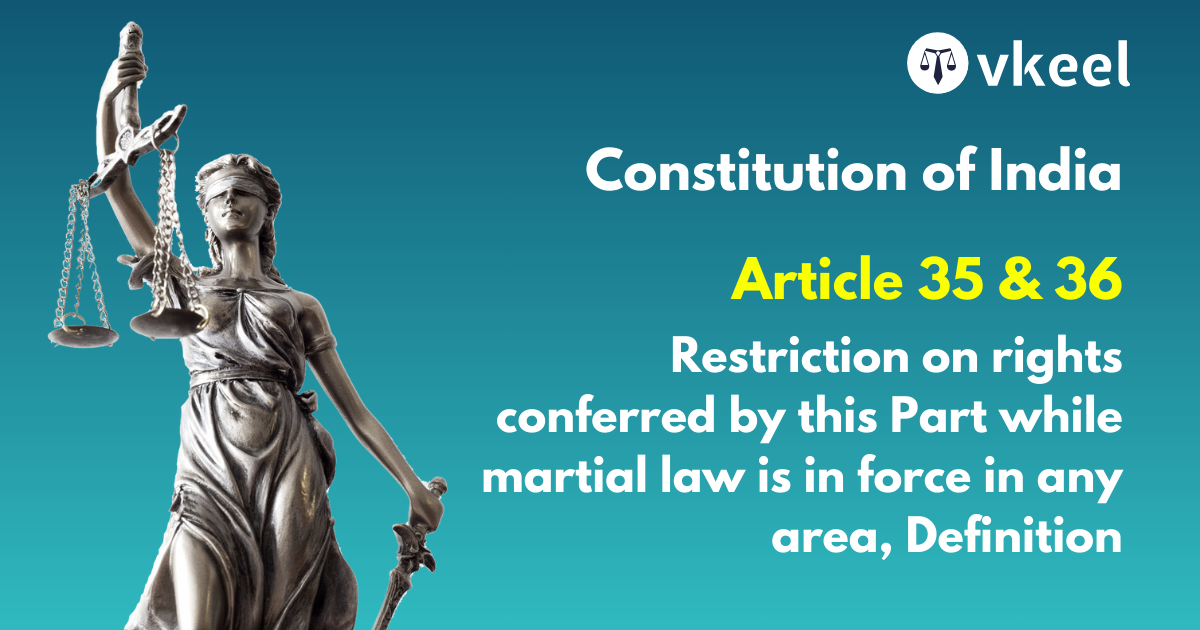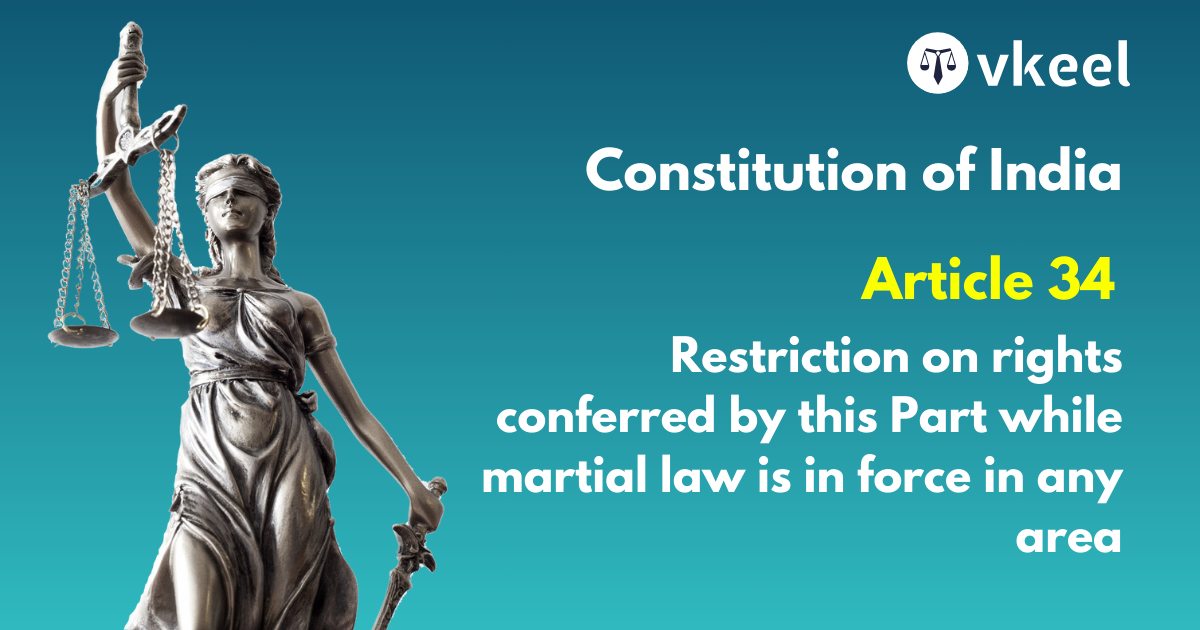Article 6 Rights of citizenship of certain persons who have migrated to India from Pakistan.
By Vanshika Saini
Introduction
The background of Article 6 of the Indian Constitution can be traced back to the state of India amidst and post partition. Initially in 1949; a draft was originated and previously it was known as article 5A, eventually not enrolled as a part of the draft.
Several accounts have been deciphered suggesting proposals to replace the phrase ‘deemed to be a citizen of India’ and replacement of the word ‘dominion’ with ‘republic’ as the above phrases could be misleading in treating the Pakistani migrants with unequal citizenship rights.
The sole purpose of the Article is to establish and advocate the central principles of citizenship rather than delving into the deep-seated history of complex nationality law code. Under the same article, evidences of intent, origin and descent are primary for claiming the virtue of citizenship in India.
ARTICLE 6
Rights of citizenship of certain persons who have migrated to India from Pakistan.— Notwithstanding anything in article 5, a person who has migrated to the territory of India from the territory now included in Pakistan shall be deemed to be a citizen of India at the commencement of this Constitution if—
(a) he or either of his parents or any of his grand-parents was born in India as defined in the Government of India Act, 1935 (as originally enacted); and
(b)(i) in the case where such person has so migrated before the nineteenth day of July, 1948, he has been ordinarily resident in the territory of India since the date of his migration, or
(ii) in the case where such person has so migrated on or after the nineteenth day of July, 1948, he has been registered as a citizen of India by an officer appointed in that behalf by the Government of the Dominion of India on an application made by him therefore to such officer before the commencement of this Constitution in the form and manner prescribed by that Government: Provided that no person shall be so registered unless he has been resident in the territory of India for at least six months immediately preceding the date of his application.
Judicial Pronouncements
In Shanno Devi vs Mangal Sain,1960; the respondent was challenged for his election the Punjab Legislative Assembly, conflict arose over his claim rightful citizenship in India.
The apex court ruled that the respondent under the conditions defined in Act of 1935 has met the criteria respectively and is suitable to stand for his election.
The migration to India even if temporarily or permanently still fulfils the requirements of Citizenship. Supreme Court upheld that the’ respondent is ordinarily resident in India and thus eligible to be called as an Indian citizen.
In Kusathil vs State of Kerela in 1966, the apex court upheld that ‘Article 6 and 7 do not require an intention to reside permanently but merely ought to be voluntary and for a special purpose.’
Significance of Article 6
The prime requirement for a member to claim Citizenship, requires his parents or grandparents to be born in India as prescribed under Government of India Act in 1935.
Therefore, it emphasizes on the significance of historical heritage and lineage. Secondly, it focuses on the importance of registration after post July 1948, registration before the commencement of the Constitution and with a dominion officer is a prerequisite, this helps in keeping a formal record of the citizens.
Conclusion
The foremost capability of the respective article is to offer a base for belonging and individuality to the people who call India as their home. Even amongst discrepancies nad adversity Indian government strives with full commitment to promote inclusivity.
The resolution helped not only to integrate refugees within the borders of India but also solved an unpredictable crisis hampering the growth of Humanity.
Disclaimer:
The information provided in the article is for general informational purposes only, and is not intended to constitute legal advice or to be relied upon as a substitute for legal advice. Furthermore, any information contained in the article is not guaranteed to be current, complete or accurate. If you require legal advice or representation, you should contact an attorney or law firm directly. We are not responsible for any damages resulting from any reliance on the content of this website.

